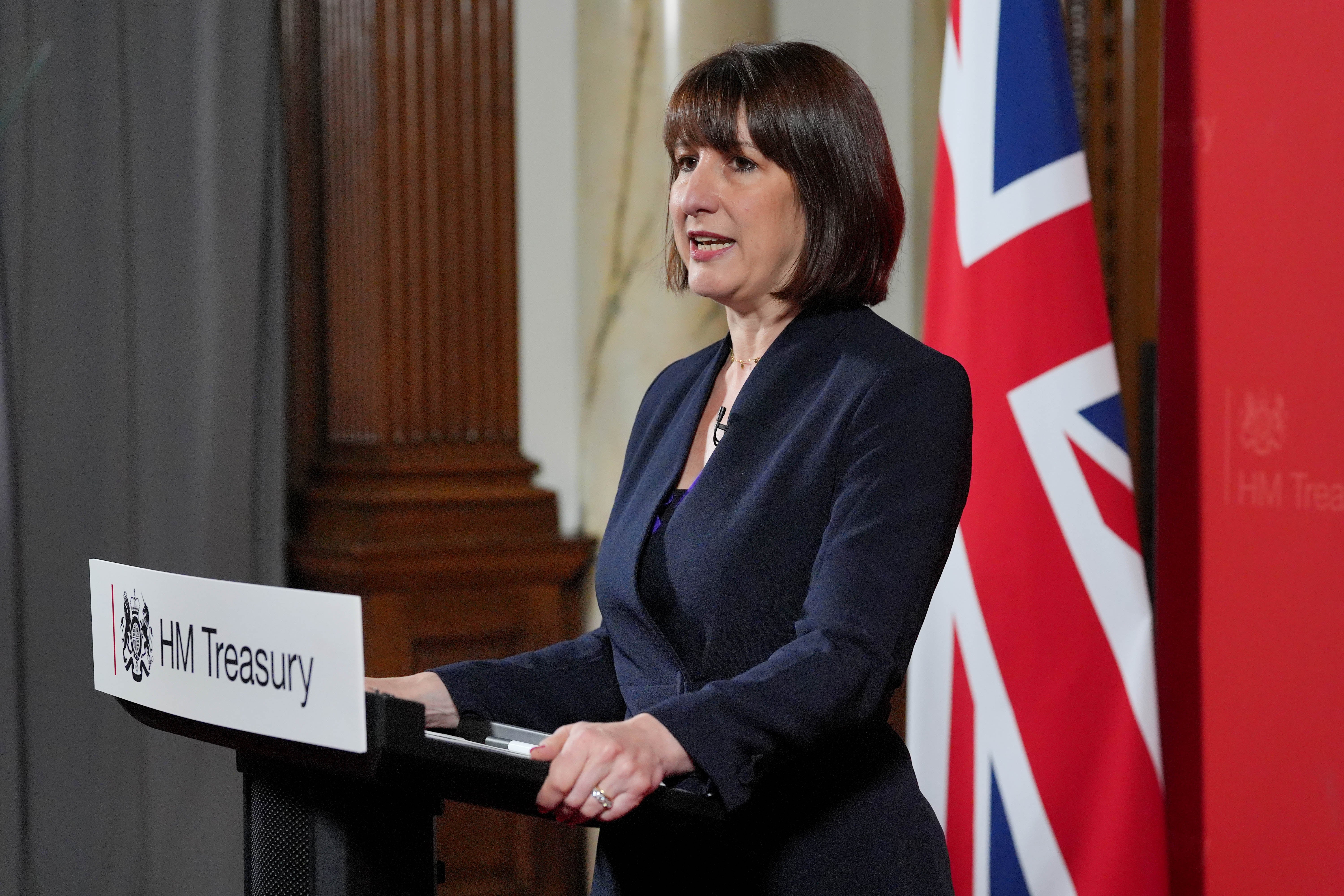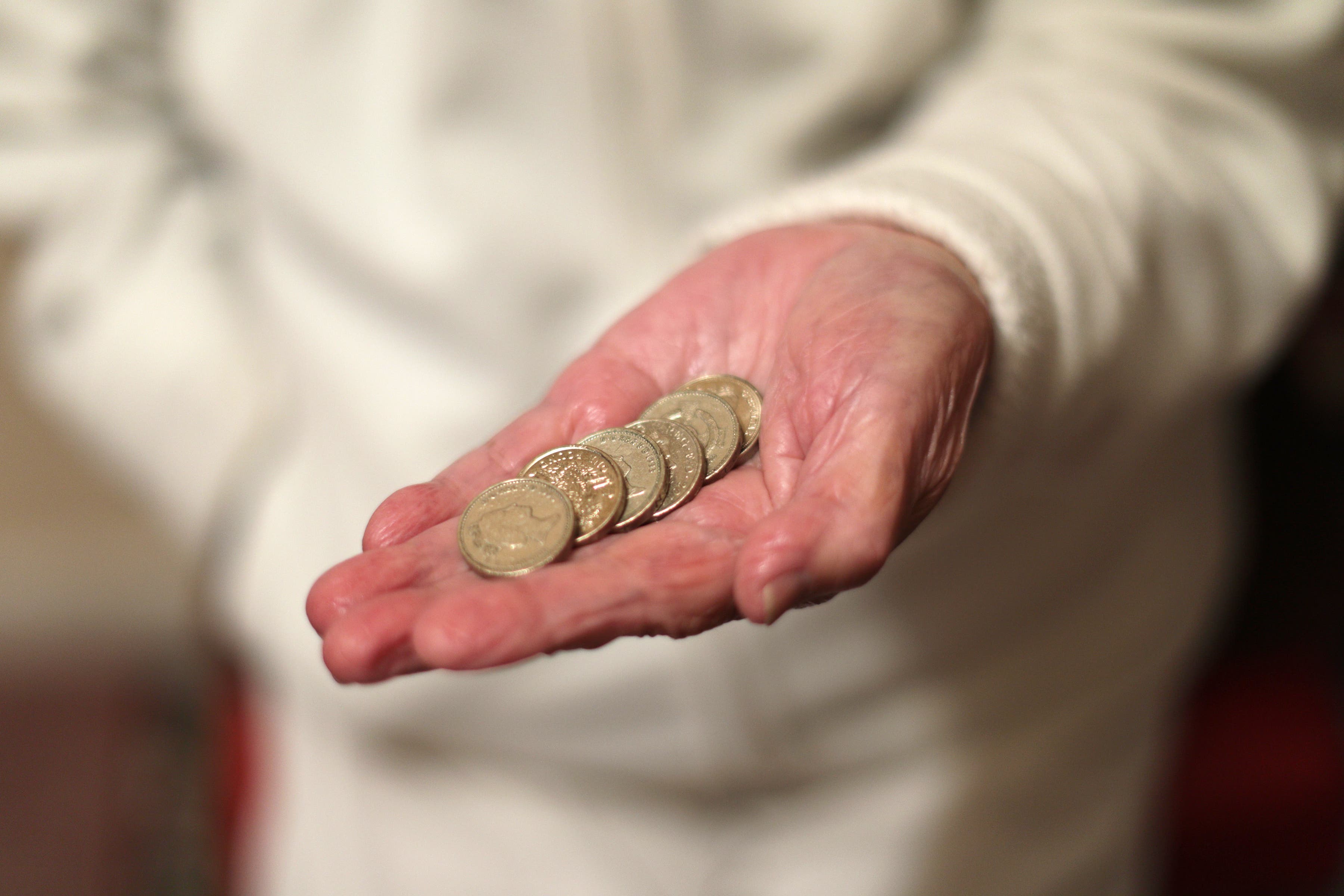How Labour could raise taxes as Starmer admits budget will be ‘painful’
The government has confirmed that tax rises are on the horizon
Keir Starmer has warned that Labour’s first autumn Budget will be “painful” in his first keynote address from No 10, prompting fears of that unpopular tax rises will be amongst the announcements.
Chancellor Rachel Reeves has already confirmed that her statement will bring fresh tax rises as she says more needs to be done to fill the government’s shortfall in public finances. This reasoning was repeated by the prime minister as he reiterated the need to plug the £22bn spending gap that was “hidden” by the previous conservative government.
The announcements come after Ms Reeves announced a slate of cost-cutting measures to grapple with the issue in July. These included scrapping the Winter Fuel Payment for millions of pensioners, alongside halting several in-progress infrastructure projects.
Many experts now anticipate that the chancellor will look to both raise taxes and cut costs in her first Budget in October, bolstered by the government’s suggestions that the measures are necessary after errors made by the previous Conservative government.

On the election trail, Labour ruled out any increases to National Insurance, Income Tax, or VAT. The party also committed to the lowest spending and revenue raising out of any, at £4.7bn. In contrast, the Tories pledged £17.7bn and the Lib Dems £26.8bn.
Instead, the party says it will better manage existing resources to cut costs, as well as attract investment from the private sector to help finance some public projects.
Speaking at No 10, Sir Keir said the party intended to “honour” these pledges, but maintained a refusal to “pre-empt” the chancellor’s statement by revealing any measures ahead of October.
The IFS was broadly critical of this approach, with Mr Johnson calling the party’s spending plans “trivial” ahead of the election. He adds that the party “offers no indication that there is a plan for where the money would come from” to finance the change it pledged.
With it now confirmed that the government will look to new ways to raise revenue, here are some of the key measures they could implement in the October Budget:
How could Labour raise taxes?
Taxing pensions savings
Pension tax relief is a reduction of the amount of tax paid on private pensions. It helps workers save for retirement by boosting their pension pots.
The amount of tax relief a person is granted is based on their Income Tax. It will effectively cancel out tax on pension contributions up to a maximum of £60,000.
After this, contributions will be taxed at either 20, 40, or 45 per cent, depending on which Income Tax rate the worker falls into.

However, the chancellor is thought to be considering a flat 30 per cent pension tax relief rate. This would mean that higher earners would effectively pay 10 per cent in tax, while those on the additional rate would pay 15.
The measure would raise around £3 billion a year, with 7 million earners paying more tax. But it would be better news for basic rate earners, who would actually begin receive a 10 per cent boost to their pension contributions.
Evaluating the idea last year, the IFS said it would “redistribute the burden of taxation from the bottom 80 per cent to the top 20 per cent of earners.”
Treasury officials are thought to be pushing Ms Reeves to adopt the measure, a source told The Daily Telegraph.
Closing Inheritance Tax loopholes
Inheritance Tax is a levy on the estate of someone who has died. This is their property, money and possessions. Crucially, it is not paid if the value of these things are below £325,000.
The tax rate is 40 per cent, but it’s only charged on the part of the estate that’s above the threshold. In 2023/24, only 5 per cent of deaths generated an Inheritance Tax bill, raising around £7 billion.
However, the IFS writes that the tax measure “is littered with special exemptions.” These include a ‘business relief,’ the ability to pass on agricultural land tax-free, and the tax-free passing on of pension pots.
The economic think tanks says that ending these measures alone would raise £4.8bn a year by 2029.
Changing Council Tax
Council tax is a local tax which provides funding for the local authority to which it is paid. The amount will vary by area, but can range from £1,500 a year to upwards of £4,000 depending on area and property value.
The tax has been criticised as unfair, as it is still based on property values from 1991. This means many properties are effectively in the ‘wrong band,’ as property prices have changed and risen unevenly over the past few decades.

It has also come under scrutiny in recent years as cash-strapped councils look to fill the gaps in their budgets. In March, Birmingham council announced an unprecedented 21 per cent increase in council tax over two years.
All of this means it is unlikely Labour will want to try and squeeze more revenue out of the system. The party ruled out such a measure before the general election, but stopped short of mentioning it in their manifesto.
Raising Capital Gains Tax
Capital Gains Tax (CGT) is paid on the profit made when an asset that has increased in value is sold. It is applies to things like the sale of personal possessions worth more than £6,000 (apart from a car), property that’s not the seller’s main home, shares and business assets.
It is charged at 10 or 18 percent for basic rate taxpayers, and 20 or 24 for higher or additional rate earners. There is a tax-free allowance of £3,000.
There are a number of ways CGT could be changed. In the run-up to the election, the Lib Dems said they would rethink the tax bands to be more similar to income tax, raising an estimated £5.2bn a year.
Subscribe to Independent Premium to bookmark this article
Want to bookmark your favourite articles and stories to read or reference later? Start your Independent Premium subscription today.


Join our commenting forum
Join thought-provoking conversations, follow other Independent readers and see their replies
Comments